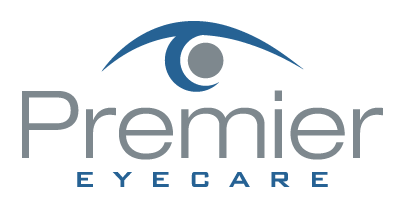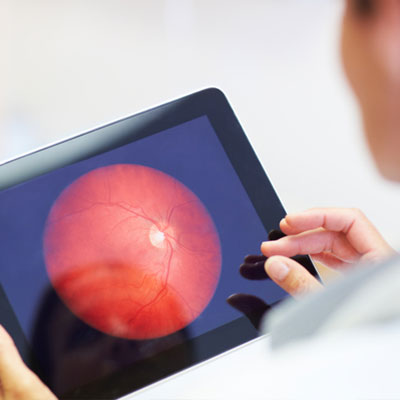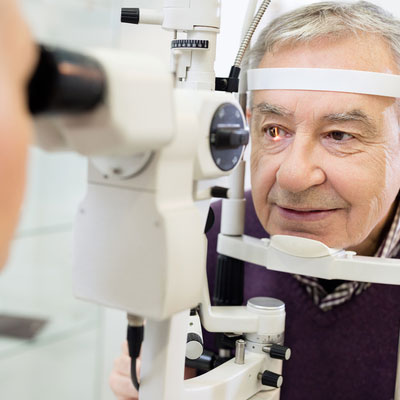
Here are 11 bad contact lens habits we eye doctors often see--
#1 Sleeping in your contacts.
This is the No. 1 risk factor for corneal ulcers, which can lead to severe vision loss and the need for a corneal transplant. Your cornea needs oxygen from the atmosphere because it has no blood vessels. The cornea is already somewhat deprived of oxygen when you have your eyes closed all night, and adding a contact on top of that stresses the cornea out from lack of oxygen. You don’t need to see when you are sleeping. Take your contacts out!!! I promise your dreams will still look the same.
#2 Swimming in your contacts.
Salt, fresh, or pool water all have their individual issues with either bacteria or chemicals that can leach into your contacts. If you absolutely need to wear them to be safe in the water, then take them out as soon as you are done and clean and disinfect them.
#3 Using tap water to clean contacts.
Tap water is not sterile. See No. 2.
#4 Using your contacts past their replacement schedule.
The three main schedules now are daily, two weeks, and monthly. Dailies are just that – use them one time and then throw them away. They are not designed to be removed and re-used. Two-week contacts are designed to be thrown away after two weeks because they get protein buildup on them that doesn’t come off with regular cleaning. Monthly replacement contacts need to have both daily cleaning and weekly enzymatic cleaning to take the protein buildup off. Using your lenses outside of these schedules and maintenance increases the risk of infection and irritation.
#5 Getting contacts from an unlicensed source.
Costume shops and novelty stores sometimes illegally sell lenses. If you didn’t get the fit of the lenses checked by an eye doctor, they could cause serious damage if they don’t fit correctly.
#6 Wearing contacts past their expiration date.
You can’t be sure of the sterility of the contact past its expiration date. As cheap as contacts are now, don’t take the risk with an expired one.
#7 Topping off your contact lens case solution instead of changing it.
This is a really bad idea. Old disinfecting solution no longer kills the bacteria and can lead to resistant bacteria growing in your case and on your lenses that even fresh disinfecting solution may not kill. Throw out the solution in the case EVERY DAY!
#8 Not properly washing your hands before inserting or removing contacts.
It should be self-evident why this is a problem.
#9 Not rubbing your contact lens when cleaning even with a “no rub” solution.
Rubbing the lens helps get the bacteria off. Is the three seconds it takes to rub the lens really that hard? “No rub” should never have made it to market.
#10 Sticking your contacts in your mouth to wet them.
Yes, people actually do this. Do you know the number of bacteria that reside in the human mouth? Don’t do it.
#11 Not having a backup pair of glasses.
This is one of my biggest pet peeves with contact lens wearers. In my 25 years of being an eye doctor, the people who consistently get in the biggest trouble with their contacts are the ones who sleep in them and don’t have a backup pair of glasses. So when an eye is red and irritated they keep sticking that contact lens in because it is the only way they can see. BAD IDEA. If your eye is red and irritated don’t stick the contact back in; it’s the worst thing you can do!
Article contributed by Dr. Brian Wnorowski, M.D.
The content of this blog cannot be reproduced or duplicated without the express written consent of Eye IQ












